Understanding the Importance of Cleaning Up Dog Poop
Cleaning up after your dog is not just a matter of aesthetics; it has far-reaching implications for environmental safety and community health. Many pet owners fail to recognize the significance of consistently cleaning up dog poop, but neglecting this responsibility can lead to various consequences. Properly managing canine waste will help foster healthier living spaces for both humans and animals. In this guide, we will explore the reasons why cleaning up dog poop is crucial, the tools necessary for effective clean-up, and practical strategies to maintain a clean environment.
The Environmental Impact of Dog Waste
Dog waste is often underestimated concerning its environmental impact. When left unattended, dog poop can contaminate local waterways, creating several complications for ecosystems. According to the Environmental Protection Agency, pet waste can harbor pathogens that pollute both soil and water, leading to public health risks. These pathogens can enter storm drains during rainfall, which eventually lead to rivers and lakes, promoting the spread of harmful bacteria and parasites. In fact, a single gram of dog feces can contain up to 23 million fecal coliform bacteria, which can pose serious health threats to marine life and humans. Responsible pet owners play a crucial role in reducing this environmental footprint through effective cleanup strategies.
Health Risks Associated with Dog Poop
Beyond environmental concerns, the health implications of not cleaning up dog waste cannot be ignored. Dog feces can carry various parasites such as roundworms, hookworms, and tapeworms, which can easily spread to other pets and even humans. The most significant threat comes from the exposure of children and other pets to these harmful organisms. For instance, children playing in the yard or on sidewalks can easily contract parasites through skin contact or unwashed hands.
Moreover, dog poop can also lead to serious conditions, including bacterial infections like salmonellosis and E. coli. Pregnant women are particularly vulnerable as these pathogens can affect unborn babies. Thus, regular and thorough cleanup is not just an act of pet ownership; it is part of maintaining public health.
Community Responsibility in Dog Ownership
As a dog owner, your responsibilities extend beyond the confines of your yard. Dog waste cleanup is a shared community responsibility. Failing to clean up encourages harmful odors, unsightly messes, and the potential for disease transmission. Communities that prioritize pet waste management often foster a more welcoming environment for everyone, including those who may not share your affection for dogs.
Municipalities may impose fines on dog owners who do not adhere to regulations regarding pet waste. Communities benefit fundamentally from residents who are conscientious of cleanliness and public health. When everyone does their part to clean up after their dogs, it contributes to a healthier, more enjoyable, and equitable living environment for all.
Essential Tools for Dog Poop Cleanup
Equipping yourself with the proper tools enhances the efficiency and hygiene of the cleanup process. From simple waste bags to advanced scooping mechanisms, the market offers various solutions for pet waste management. Let’s take a closer look at the best tools available.
Best Pooper Scoopers on the Market
Pooper scoopers are invaluable tools for efficiently cleaning up after your dog. Here, we will outline some of the best options:
- Arm & Hammer Swivel Bin & Rake: This system utilizes a large metal rake that makes it easy to pick up dog waste from grass or pavement.
- Poop-N-Scoop: Designed for simplicity, this user-friendly pooper scooper allows quick and effortless collection without bending over.
- Pet Fusion Portable Pooper Scooper: With its foldable design and sturdy construction, this can be an excellent choice for pet owners on the go.
Choosing the right pooper scooper depends on your yard size, dog size, and personal preference, ensuring the job is done right.
Eco-Friendly Cleanup Solutions
For environmentally conscious pet owners, eco-friendly cleanup solutions are increasingly available. Compostable bags and biodegradable scoopers are designed to reduce the environmental impact of dog waste disposal. Additionally, consider using a waste digester—a mini septic tank for dog waste that can help break down the organic material naturally. This approach mitigates the need for bags entirely, allowing for easier maintenance of a tidy yard.
Disposable and Biodegradable Bags
When it comes to cleaning up dog poop, few tools are as essential as disposable and biodegradable bags. Standard plastic bags are detrimental to the environment, as they take hundreds of years to decompose. Offering a sustainable alternative, biodegradable bags are made from materials that break down more rapidly. Companies also produce compostable bags that can be disposed of in compost facilities, reducing landfill waste significantly.
When selecting biodegradable bags, look for certifications like ASTM D6400 or EN13432, which ensure the bags meet stringent compostability criteria. Investing in high-quality bags also adds peace of mind, as flimsy options can lead to tears and spills during cleanup.
Step-by-Step Guide to Clean Up Dog Poop
Now that we’ve covered the importance of clean up dog poop and the tools you need, let’s delve into the step-by-step process of effective cleanup.
How to Clean Up Dog Poop Outdoors
To start, thoroughly assess the area where your dog has relieved itself. Here’s a streamlined method for outdoor cleanup:
- Gather your cleaning supplies—pooper scooper or bags, disinfectant wipes, and hand sanitizer.
- Approach the mess carefully, positioning your scooper or bag to avoid contact with your skin.
- Using the scooper, collect the poop and place it in the disposal bag.
- Once the waste is contained, be sure to disinfect the area with biocides or disinfectants that are pet safe.
- Dispose of the bag in a designated dog waste bin or your household trash.
Regular cleanup can prevent accumulation and make the process quicker and less unpleasant over time.
Indoor Cleanup Techniques: Carpets and Floors
Accidents can happen even with the most diligent pet owners. When dealing with indoor messes, prompt attention is the key to effective cleaning. Follow these steps:
- Use gloves to protect your hands, and begin by picking up any solid waste with a scooper or a paper towel.
- For liquid waste, blot the area with paper towels to absorb as much as possible.
- Prepare a cleaning solution—equal parts white vinegar and water works well. Pour a small amount onto the affected area, allowing it to sit to neutralize odors.
- After treatment, blot the area again with a clean towel.
- If necessary, repeat the process or use a pet-safe enzymatic cleaner to eliminate lingering odors.
By acting quickly and decisively, you can maintain a clean and healthy home environment.
Best Practices for Regular Maintenance
Regular maintenance can significantly alleviate your cleanup efforts in the long run. Consider these best practices:
- Set a consistent schedule for outdoor cleanups, such as every few days or weekly, to prevent accumulation.
- Train your dog to use a designated area for their bathroom needs, facilitating easier cleanup.
- Use a reward system to reinforce good behavior during potty training, fostering compliance.
Building these habits can enhance not just your cleanup efficiency but also the overall cleanliness of your living environment.
Alternative Disposal Methods for Dog Waste
Sometimes a straightforward cleanup may not be enough, and more innovative disposal methods can come in handy. Below are a few alternatives worth considering.
Using Waste Digesters for Dog Poop
Waste digesters serve as an environmentally friendly method for disposing of dog feces. These systems operate like mini-septic tanks, breaking down waste through natural processes aided by bacteria. Installation typically involves placing the digester underground in a location convenient for your yard, allowing waste to be deposited directly into the system. Regular maintenance includes adding water and enzyme tablets to facilitate decomposition. Waste digesters are ideal for eco-conscious pet owners, as they reduce landfill waste and provide a sustainable way to handle dog waste.
Composting Dog Waste: Is It Possible?
Composting dog waste can certainly be feasible with the right knowledge and precautions. Traditional composting is not suitable for dog poop due to the pathogens it may contain. However, dedicated pet waste composters are available that are specifically designed to handle this type of organic material.
Pet waste composters operate using heat and microbial action to break down waste, transforming it into safe compost over time. It is essential to follow specific guidelines and avoid composting it near edible plants. Doing so can create a nutrient-rich, natural fertilizer that potentially benefits your garden without causing health risks.
Other Creative Disposal Ideas
Beyond waste digesters and composters, there are several other methods for efficient waste disposal:
- Burying in the Right Spot: If local laws permit, you can dig a hole in a discreet corner of your yard to bury dog poop, allowing it to decompose naturally.
- Invest in a Dog Waste Removal Service: For busy pet owners, hiring professionals for dog waste removal can be a great practical solution. This service ensures that your yard remains clean while allowing you to focus on other responsibilities.
Exploring these creative disposal options can help meet individual needs and simplify the cleanup process.
Tips for Maintaining a Clean Environment
As a dog owner, maintaining a clean environment should be a shared priority. Employ these practical tips to ensure your surroundings remain tidy and healthy:
Training Your Dog to Use Designated Areas
Training your dog to use designated potty areas can significantly ease the cleanup burden. Here are actionable steps to implement:
- Consistently take your dog to the same spot in your yard for potty breaks.
- Reward them promptly with treats or praise when they use the designated area.
- Reinforce the behavior by keeping a consistent potty schedule and gradually transitioning them to using only that spot.
Proper training will not only simplify your cleanup efforts but also promote good habits.
Keeping Your Yard Poop-Free Year-Round
Maintaining a clean yard requires year-round effort. In winter months, snow can cover waste, making it harder to see. Consider these tips:
- Use colored flags or markers to indicate where your dog usually goes.
- Equip yourself with long-handled scoopers designed for snow and ice conditions.
- Schedule more frequent cleanups during early spring as the snow melts to deal with accumulated waste.
Adapting your approach according to seasonal changes will help keep your yard clean regardless of the weather.
Resources for Dog Waste Management Services
For pet owners seeking assistance with dog poop cleanup, various dog waste management services are available, ensuring that yards remain clean while alleviating some of the burdens associated with pet ownership. Many local companies will schedule regular cleanings, helping maintain a tidy environment without demanding additional time and effort from busy pet owners. Researching positive reviews and reliable sources can facilitate finding the right service to suit your needs.
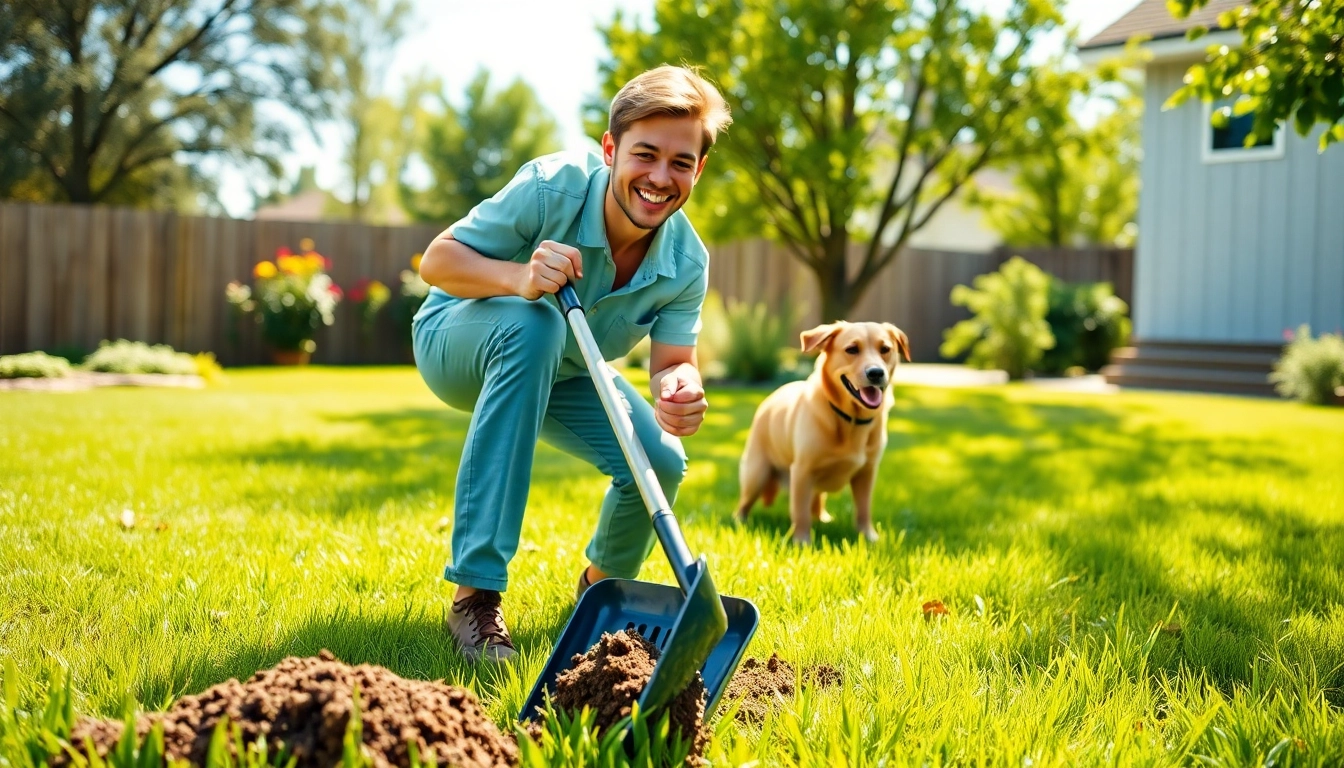

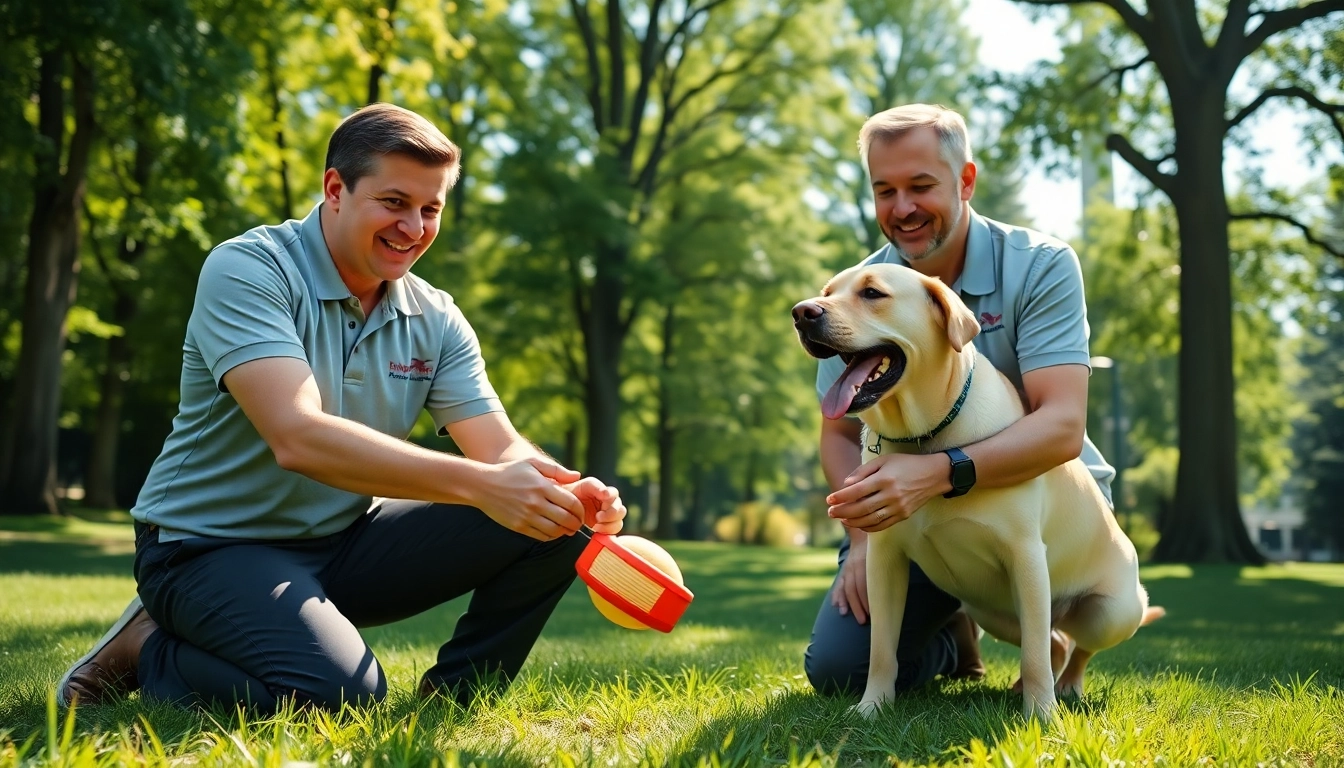
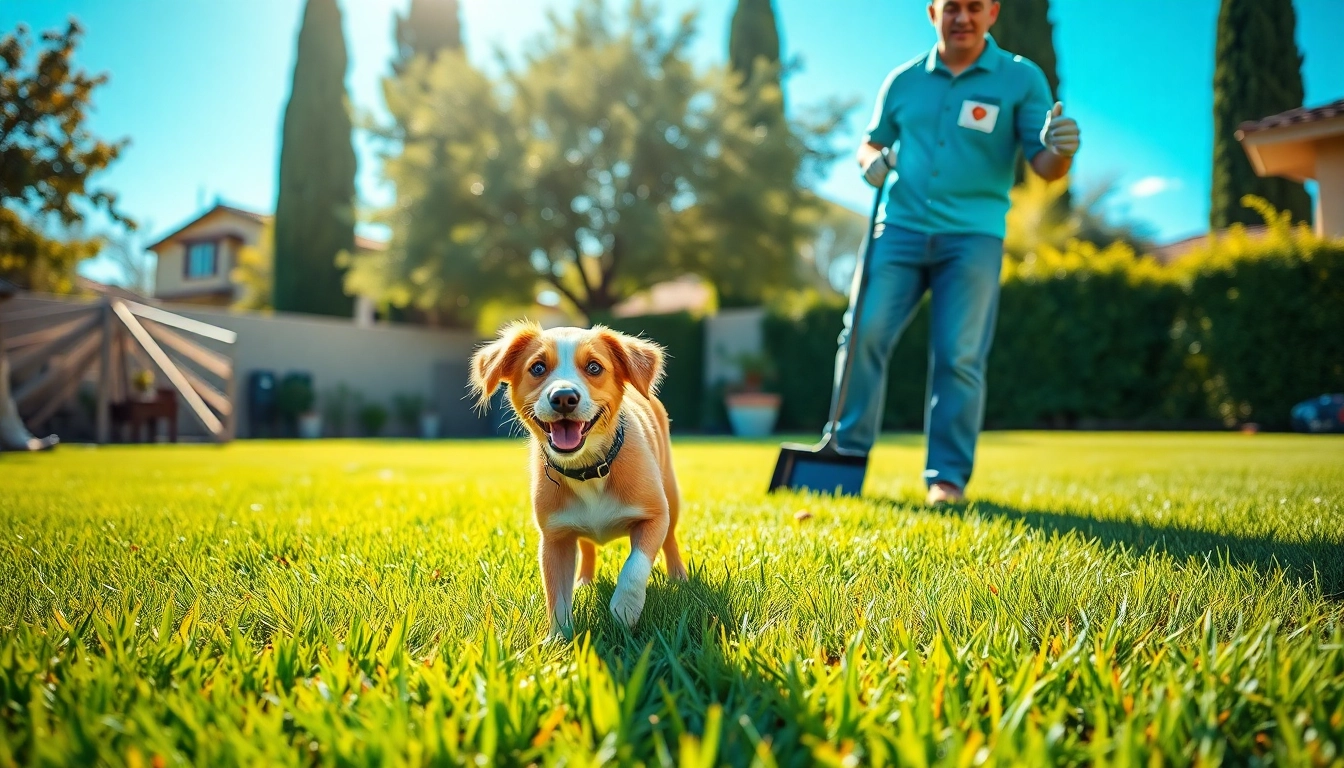
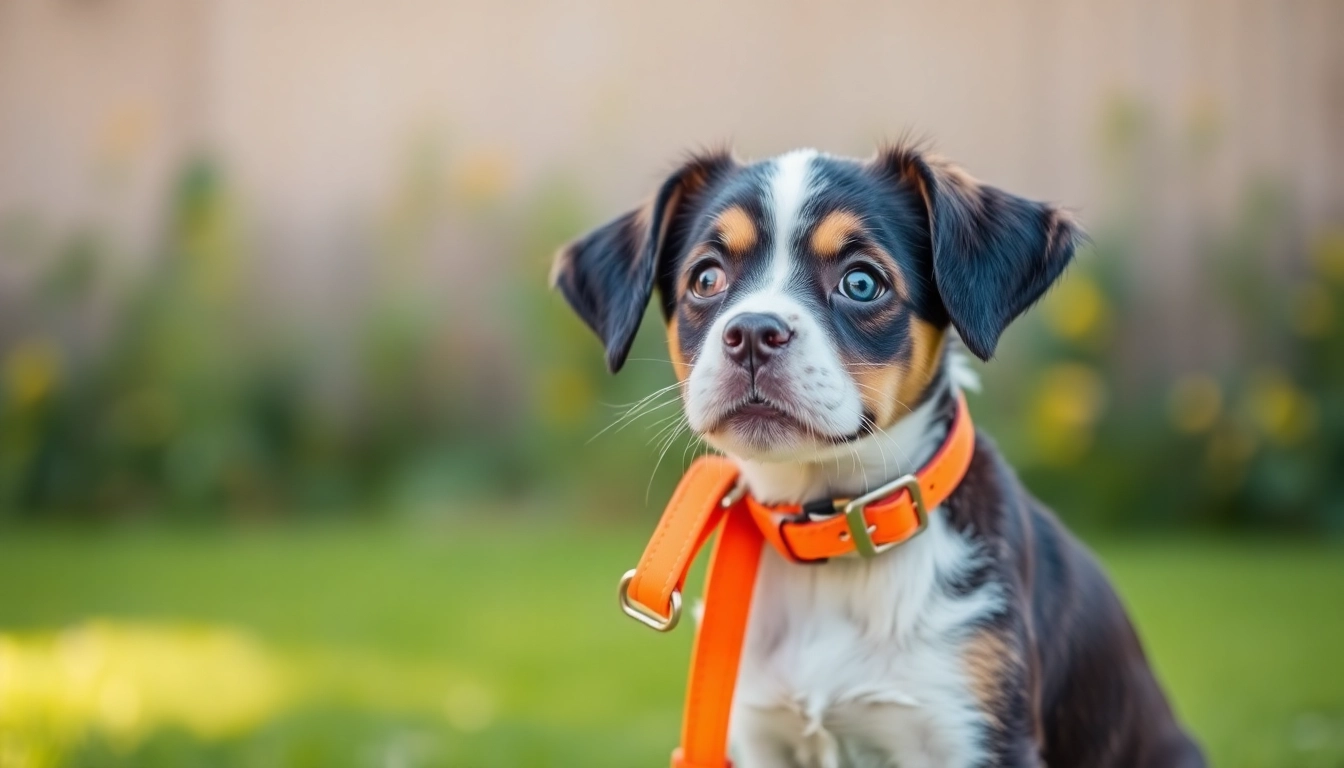
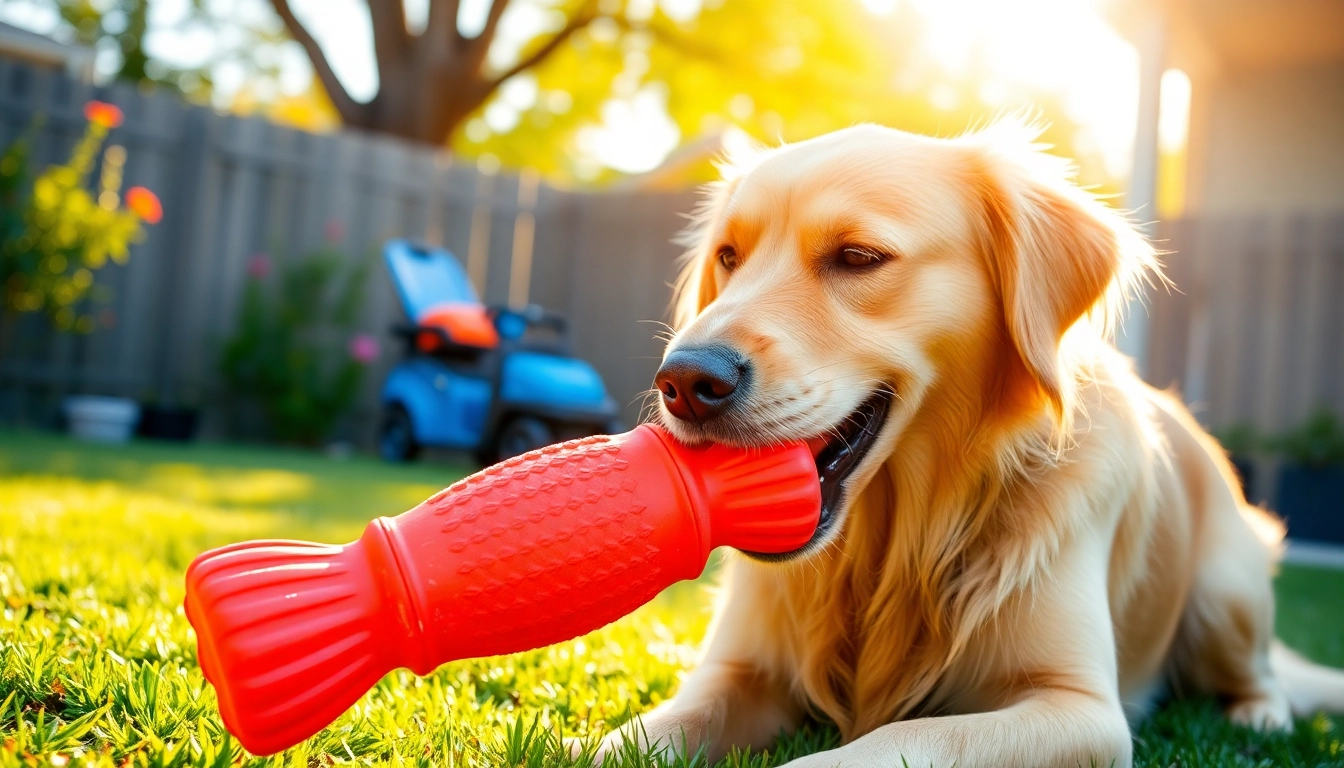
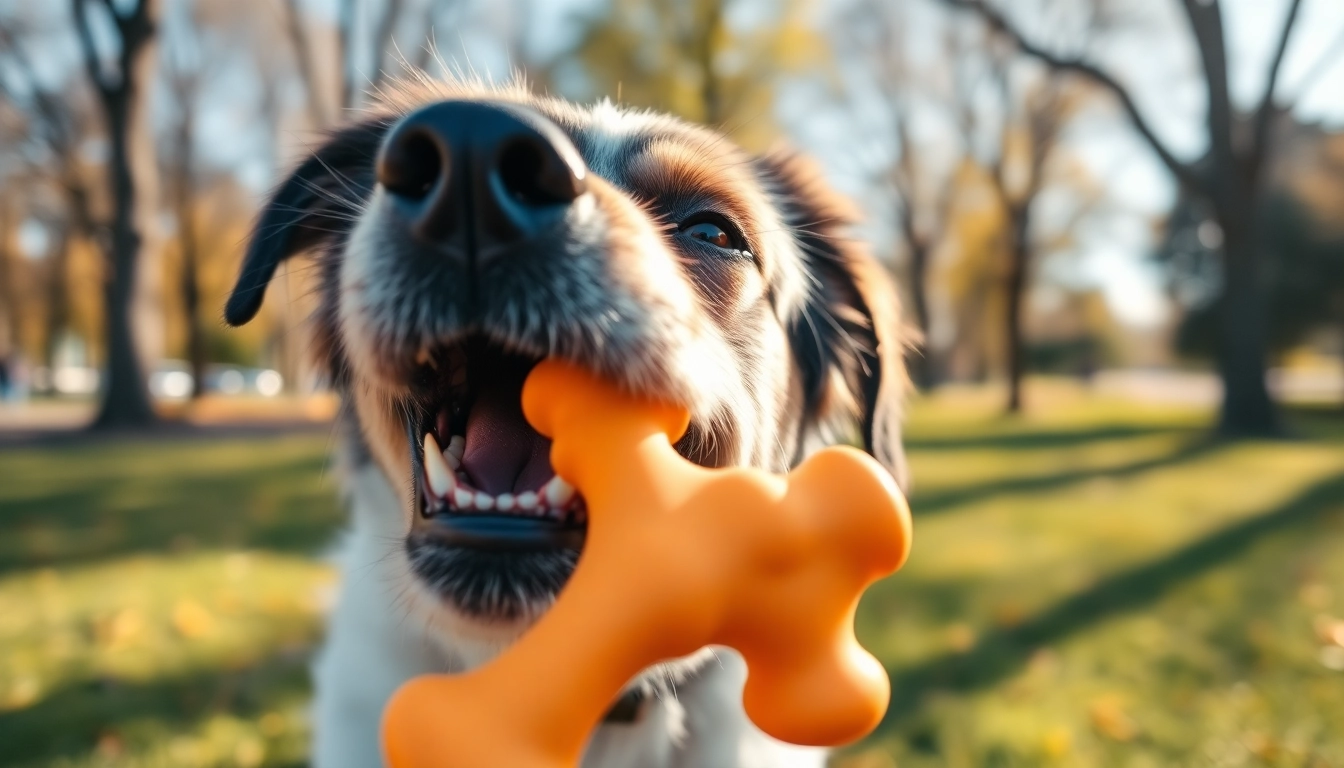


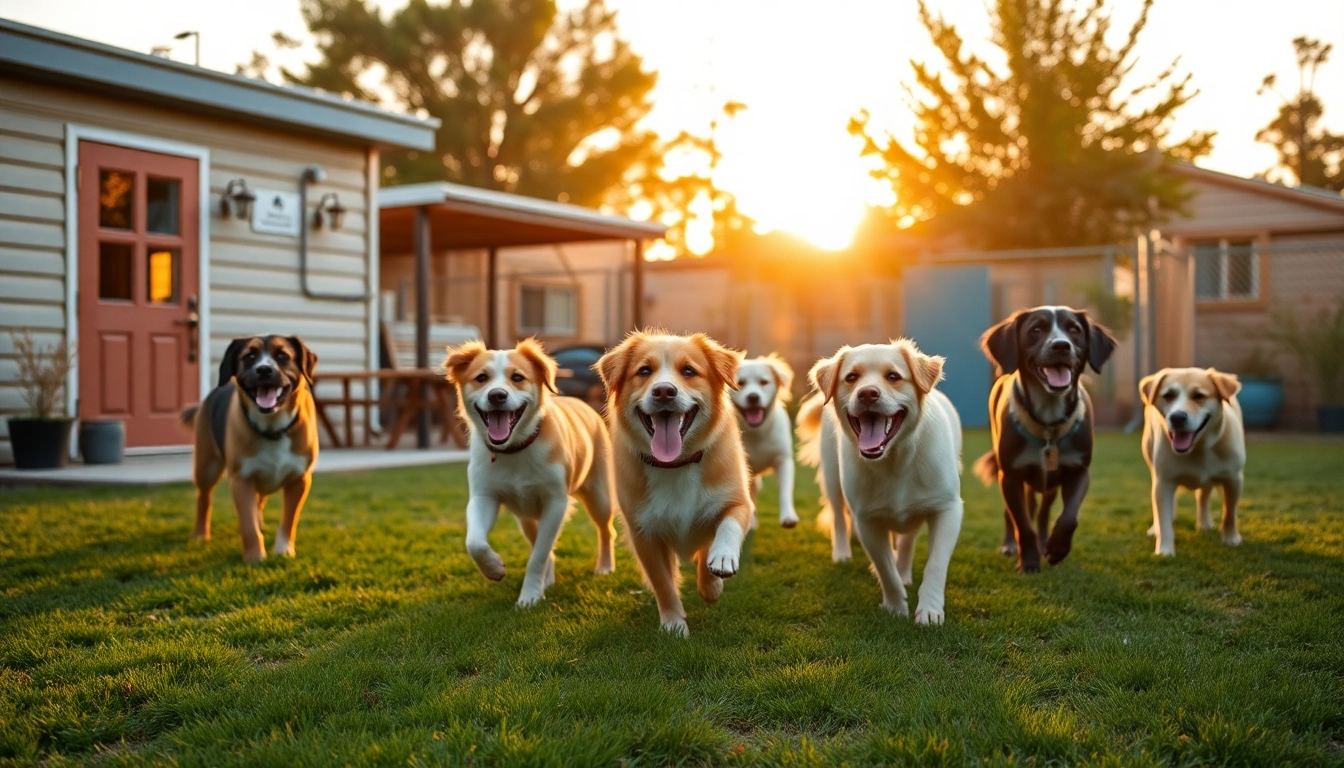
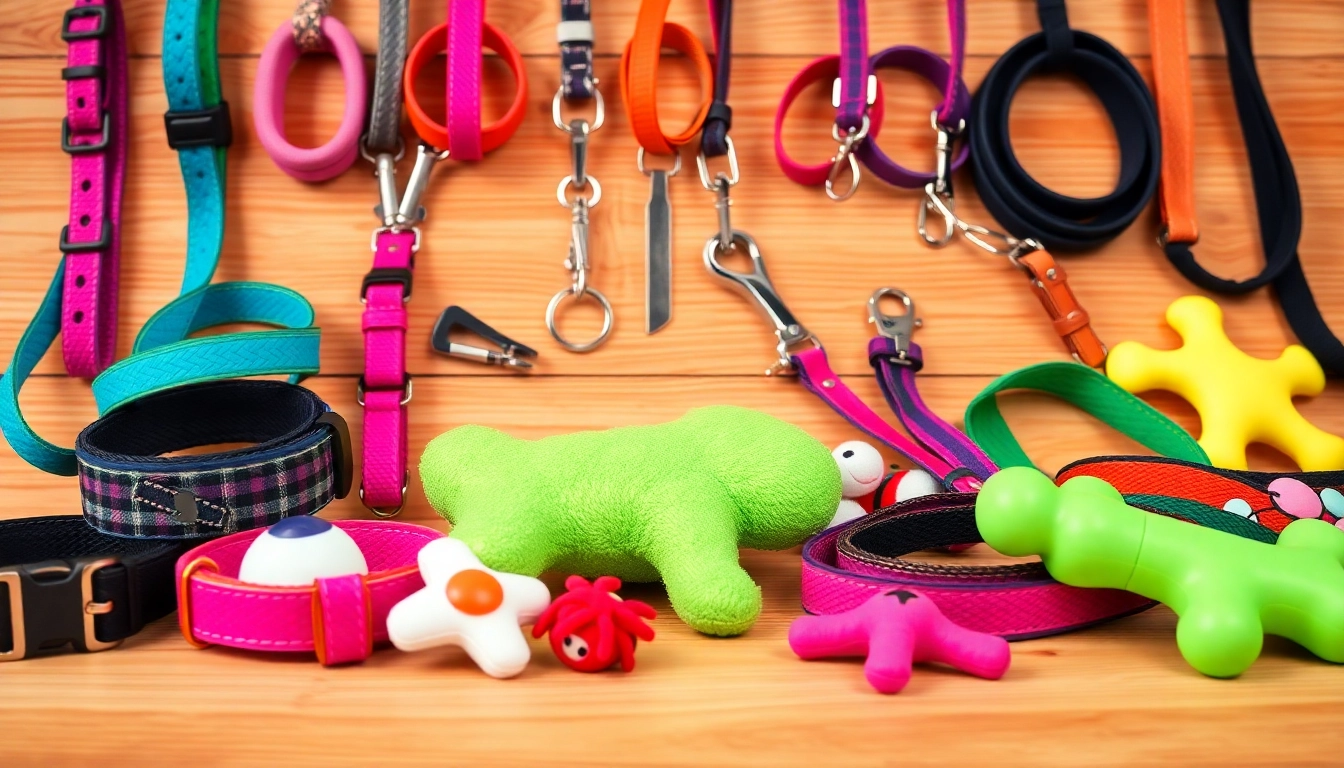




Leave a Reply